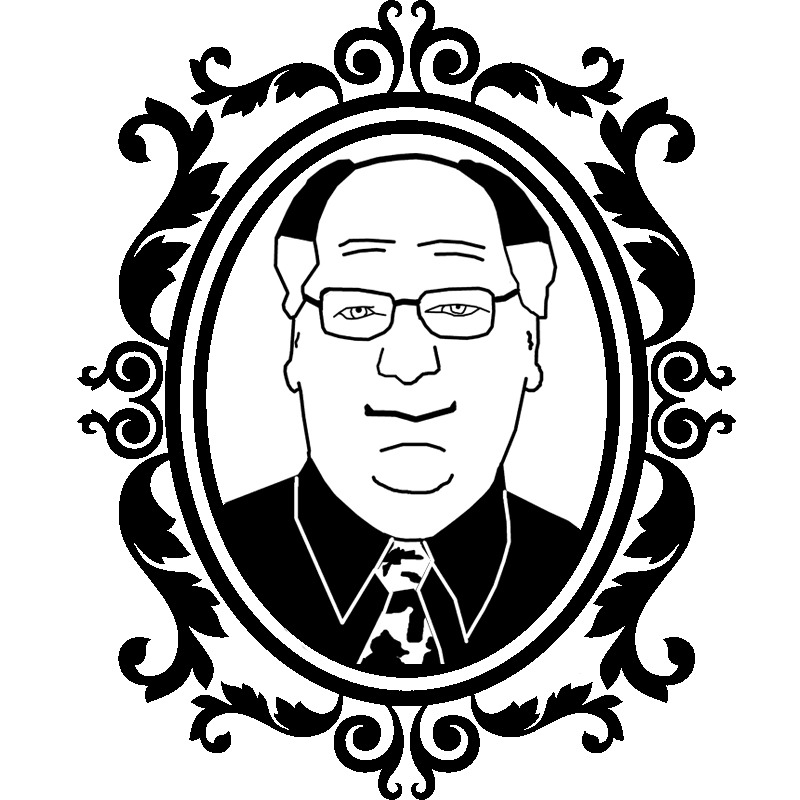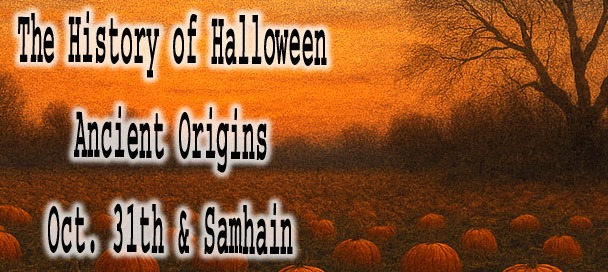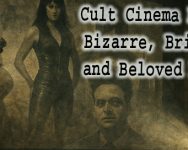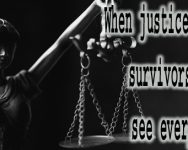🎥 Charlton Heston Biography – Commanding Presence of Hollywood’s Epic Era

Charlton Heston as Judah Ben-Hur in a promotional still
Charlton Heston was one of the most iconic and commanding actors of the 20th century. With a voice like thunder and the posture of a Roman statue, he ruled the screen in roles that demanded strength, conviction, and gravitas. He became the go-to leading man for biblical and historical blockbusters, earning his place as a symbol of epic storytelling during Hollywood’s golden age.
Charlton Heston stood as one of cinema’s most formidable presences, known for his epic roles in Ben-Hur, The Ten Commandments, and Planet of the Apes. With commanding voice and stature, he brought gravitas to parts rooted in history, faith, and moral conflict. Over a lengthy career, he became a symbol of classic Hollywood strength and idealism. From screen legend to cultural icon, Heston’s legacy still looms large in film history.
Unlike many of his peers, Heston wasn't known for playing flawed antiheroes or sly charmers. He specialized in characters who stood tall often literally as moral titans, unwilling to bend to corruption or compromise. This sense of nobility, whether portraying Moses or a futuristic astronaut, became his trademark and connected deeply with audiences across generations.
His rise was not overnight. Heston spent years honing his craft in theater and early television before making his mark in film. His disciplined nature, classical training, and imposing screen presence made him ideal for the widescreen spectacles that dominated mid-century cinema. He wasn’t just cast in historical epics he defined them.
What set Charlton Heston apart was his ability to embody mythic scale while remaining deeply human. Whether crossing the Red Sea, racing a chariot, or challenging oppressive regimes, he gave audiences not just a performance, but a sense of awe. His legacy was built not only on talent, but on the sheer magnitude of the roles he embraced and the dignity with which he carried them.
Charlton Heston’s life bridged myth and mortality: his on-screen heroism masked a man wrestling with politics, faith, and the weight of public expectation.
👶 Early Life
Charlton Heston was born John Charles Carter on October 4, 1923, in Evanston, Illinois. His early years were marked by a deep connection to nature and solitude, growing up in the wooded outskirts of St. Helen, Michigan after his parents’ divorce. The young boy found comfort in books and the wilderness developing the quiet, serious demeanor that would later define his on-screen presence.
His mother remarried Chester Heston, and John adopted his stepfather’s surname. By high school, he was performing in school plays and showing an early flair for dramatic roles. He earned a drama scholarship to Northwestern University, where he immersed himself in classical literature and stagecraft building the foundation for his later roles as kings, prophets, and warriors.
World War II interrupted his studies, and Heston enlisted in the United States Army Air Forces, serving as a radio operator on a B-25 Mitchell bomber. The experience gave him a stoic sense of duty that translated naturally to his screen characters. After the war, he returned to acting with renewed focus and purpose.
In the postwar years, Heston worked in theater and live television before catching Hollywood’s attention. His classical looks and deep, articulate voice made him a standout in early roles. It wasn’t long before producers recognized his potential to lead epic stories and by the early 1950s, he was poised to become one of the decade’s most important stars.
Explore the Biographies of Iconic Celebrities
🎬 TV & Film Career
Charlton Heston - on Johnny Carson Tonight Show
Charlton Heston’s film career took off with a thunderclap in The Greatest Show on Earth along side Betty Hutton, Dorothy Lamour, and James Stewart (1952), directed by Cecil B. DeMille. Just four years later, DeMille cast him again this time as Moses in The Ten Commandments with the all star cast of Yul Brynner, Edward G. Robinson, Yvonne De Carlo, Vincent Price, John Carradine, and Anne Baxter(1956), a career-defining performance that catapulted Heston to international stardom. His authoritative voice and towering presence made him the perfect fit for grand historical and biblical epics.
In 1959, Heston starred as Judah Ben-Hur in Ben-Hur, a role that earned him an Academy Award for Best Actor. The film won 11 Oscars and featured the legendary chariot race, securing its place in cinema history. He followed that success with El Cid (1961) opposite Sophia Loren, 55 Days at Peking (1963) with David Niven and Ava Gardner, and The Agony and the Ecstasy (1965), portraying Michelangelo opposite Rex Harrison’s Pope Julius II.
Heston continued to dominate the screen in Khartoum (1966) with Laurence Olivier, and shifted into science fiction with a trio of cult classics: Planet of the Apes with Roddy McDowall, and James Whitmore (1968), The Omega Man (1971), and Soylent Green (1973). His dramatic cry “It’s people! Soylent Green is people!” became an enduring pop culture moment. He also starred in the disaster films Earthquake along side Ava Gardner, George Kennedy, Lorne Greene, and Walter Matthau (1974), Airport 1975 (1974), and Two-Minute Warning (1976), reinforcing his reputation as the ultimate man-of-action.
On television, Heston portrayed historical giants in miniseries such as Chiefs, A Man for All Seasons, and The Colbys, a spin-off of Dynasty. He also lent his voice to narration work, including historical documentaries and animated features. Even in later years, he appeared in Wayne’s World 2 (1993), True Lies (1994) with Arnold Schwarzenegger, and Tim Burton’s 2001 remake of Planet of the Apes, bringing his career full circle.
With each role whether ancient warrior, Renaissance artist, or doomed survivor Charlton Heston played with unwavering conviction. He didn’t just act in Hollywood’s biggest stories he was the story.
📜 The Ten Commandments + Ben-Hur (2 DVD Bundle)
Experience two of the greatest religious epics in cinematic history, both starring Charlton Heston in unforgettable roles that defined his legacy. This bundle delivers towering drama, iconic moments, and sweeping visuals that have stood the test of time.

Charlton Heston leads two timeless biblical epics.
• The Ten Commandments (1956) – Directed by Cecil B. DeMille, this Old Testament epic brings Moses’ journey to life through unforgettable set pieces, divine miracles, and the dramatic parting of the Red Sea.
• Ben-Hur (1959) – Winner of 11 Academy Awards, this monumental film features Heston as Judah Ben-Hur in a tale of betrayal, survival, and redemption, culminating in the legendary chariot race.
• Combined runtime over 7 hours of epic storytelling
• Includes biblical themes, historical grandeur, and Oscar-winning performances
This double-feature set is a must-have for fans of sweeping historical dramas, religious classics, and the unmatched screen power of Charlton Heston. Perfect for Easter, Passover, or any time you crave truly grand cinema.
🗽 Civil Rights, Gun Control & Presidential Ties
Five Charlton Heston NRA Commercials
Off the screen, Charlton Heston carved out a second legacy as a political and cultural figure one just as bold and complex as any role he played. In the 1960s, Heston marched alongside Dr. Martin Luther King Jr. in support of civil rights, appearing at the 1963 March on Washington and using his fame to speak out against racial segregation. At a time when many actors remained silent, Heston stood firm, stating that social justice was not a partisan issue but a moral one.
However, as decades passed, his political stances evolved dramatically. By the 1980s and 1990s, Heston became one of the most vocal defenders of the Second Amendment. He served as president of the National Rifle Association (NRA) from 1998 to 2003, becoming the face of gun rights advocacy in America. His dramatic speech at the 2000 NRA convention, where he raised a rifle and declared it could only be taken “from my cold, dead hands,” became a defining and polarizing moment.
Heston’s political journey often baffled critics who remembered his early activism. But to him, it was all about standing on principle, even when those principles put him at odds with Hollywood elites or past allies. He was never afraid of controversy, whether defending free speech, opposing political correctness, or speaking at conservative conferences across the country.
His presence was felt in Washington as well. Heston was a friend and supporter of multiple U.S. presidents, including Ronald Reagan and George H. W. Bush. He was awarded the Presidential Medal of Freedom in 2003 by President George W. Bush, recognizing not just his acting career but his civic engagement. Through it all, Charlton Heston remained unapologetically himself a performer, patriot, and provocateur.
🕊️ Later Years
In his final decades, Charlton Heston remained active in both film and public life, though his roles gradually shifted from center stage to elder statesman. He took on character parts in films like Tombstone (1993), where he played rancher Henry Hooker alongside Kurt Russell, and made notable appearances in True Lies (1994) and Hamlet (1996), directed by Kenneth Branagh. Even as his screen time lessened, his presence remained magnetic.
Outside of acting, Heston devoted time to writing and reflection. He published multiple autobiographies, including In the Arena (1995), which explored his political beliefs, personal growth, and behind-the-scenes stories from Hollywood’s golden age. He also continued to give speeches well into his seventies, often defending the Constitution, American values, and his personal journey from liberal activist to conservative icon.
In 2002, Heston publicly announced that he had been diagnosed with symptoms consistent with Alzheimer’s disease. The news was met with widespread sympathy and respect, as fans and peers alike reflected on his contributions to art, culture, and public discourse. From that point on, he withdrew from public appearances, living quietly with his wife Lydia, whom he had married in 1944 and remained with for 64 years.
Charlton Heston passed away on April 5, 2008, at the age of 84. Tributes poured in from across the political and entertainment spectrum. He was remembered not only as a cinematic titan but as a man of conviction never afraid to take a stand, never content to fade quietly into the background. His legacy was sealed as one of the last true Hollywood giants.
Heston’s voice was so resonant and disciplined that it became a tool not just for acting but public oration and civic influence.
🏆 Legacy
Charlton Heston’s legacy is etched in stone both on-screen and in the broader cultural conversation. As an actor, he stood at the pinnacle of epic cinema, delivering performances that defined a genre and a generation. From Ben-Hur to Planet of the Apes, his films weren’t just blockbusters they were statements of scale, vision, and character. His Oscar win, box office dominance, and unmistakable screen presence made him one of the most bankable and respected stars of the mid-20th century.
But Heston’s impact went far beyond Hollywood marquees. He helped elevate the art of film acting to mythic proportions, portraying not just men, but moral compasses leaders, prophets, warriors, and survivors. His performances set the standard for heroism, and his characters became symbols of resilience and righteousness. For many, Heston was the embodiment of classical masculinity: strong, stoic, principled.
He also left a complicated, yet undeniable mark on American politics and public thought. His early civil rights activism, including his visible support of Dr. King, inspired a generation of actors to speak out. Later, his transformation into a conservative icon and NRA spokesman sparked fierce debate. Yet through it all, Heston remained consistent in one thing: his refusal to remain silent. He spoke with clarity and purpose, always willing to stand alone if necessary.
Heston’s honors include the Academy Award, the Jean Hersholt Humanitarian Award, the Presidential Medal of Freedom, and countless tributes from peers, critics, and audiences. His image arm raised, voice booming remains a permanent fixture in cinematic memory. Charlton Heston didn’t just play legends he became one.
🗣️ Why They Still Matter
Charlton Heston remains relevant because his film work continues to shape how we see Biblical and historical epics today. He defined a type of moral heroism rarely seen in modern blockbusters. His public persona mixing art, politics, and advocacy also continues to spark debate about the responsibilities of celebrity in civic life.
Further Reading & Resources
📖 Charlton Heston Presents the Bible (Four-Pack DVD)
📰 Charlton Heston | Biography, Movies, & Facts | Britannica Profile

ML Lamp is the owner of Kilroy Was Here. After his 20 years of working in Las Vegas in the entertainment promotions field, Mr. Lamp retired in 2002 from his job to pursue his passion for collectibles. Now as a guest speaker and author he’s living the dream, and sharing his warmth with You.





